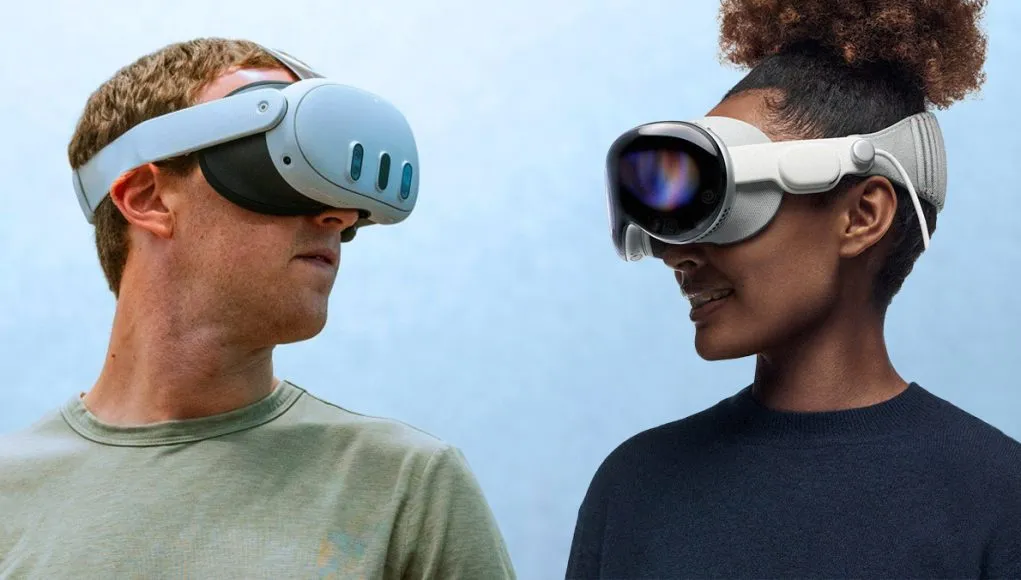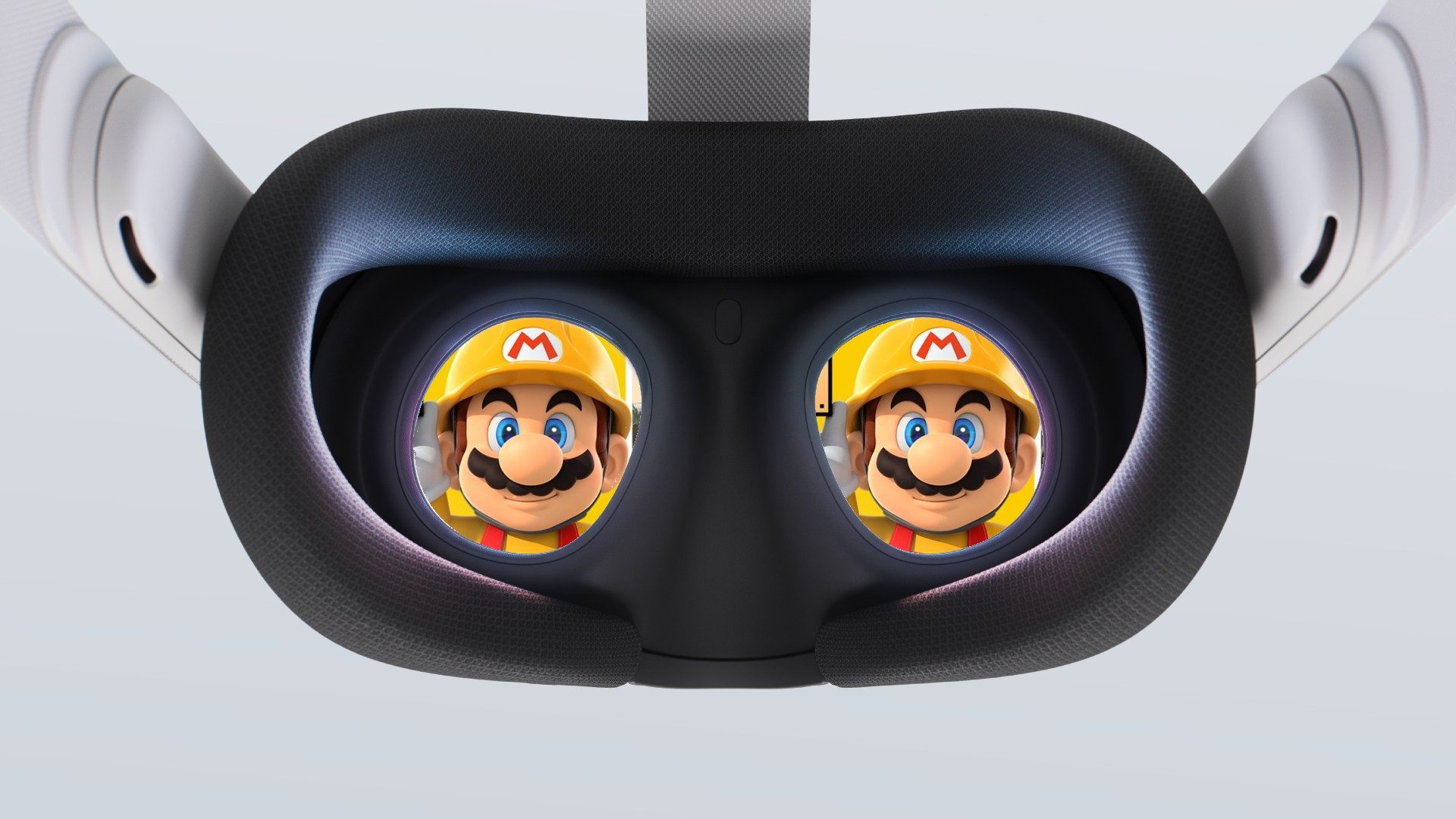Zuckerberg Said that Quest 3 Performs Better Than Vision Pro in Mixed Reality
Meta CEO Mark Zuckerberg had the opportunity to test out the Apple Vision Pro, which, despite being seven times more expensive than the company’s Quest 3 mixed reality headset, is currently seen as its primary competitor in the market. Zuckerberg recently shared his thoughts on Apple’s first XR headset.
In a video posted on Instagram, Zuckerberg recounted his experience with the $3,500 Vision Pro. While he initially believed that the $500 Quest 3 offered better value, his experience with the Vision Pro led him to conclude that the Quest is not only a better value but also a superior product overall.

Zuckerberg has emphasized the strengths of Quest in terms of its performance in playing room-scale games, social Virtual Reality applications, and fitness apps. He also acknowledges the importance of overall comfort, which remains a concern for some users of the Vision Pro despite custom in-store fittings.
“Quest 3, in my opinion, offers significantly greater comfort. We specifically designed it to be 120g lighter than Quest Pro, which greatly improves the user experience. With no wires obstructing movement, it provides a more seamless and enjoyable VR experience,” Zuckerberg explains.
While expressing his opinion, Zuckerberg highlighted the advantages of the Quest 3, including its passthrough cameras, compared to the high-resolution mixed reality passthrough and large screens of the Vision Pro.
He also criticized the Vision Pro for lacking motion controllers and having what he perceived as less accurate hand-tracking compared to the Quest 3. He mentioned that while the Vision Pro’s eye-tracking feature is nice, he still favors the Quest 3.

What’s more, Zuckerberg also emphasized the differences between Meta’s approach and Apple’s, pointing out that while some may argue about Apple’s leadership in new categories, Meta’s open model will be a key player in the future. He emphasized the importance of an open model, drawing parallels to historical computing models that have either been open or closed.
In essence, Zuckerberg’s message remains clear: Meta is positioning itself as the open model in the industry, aiming to secure a leading position in the next generation of computing.
 9D VR Simulator Virtual Reality Cinema For Sale Theme Park Manufacturer Supplier
9D VR Simulator Virtual Reality Cinema For Sale Theme Park Manufacturer Supplier